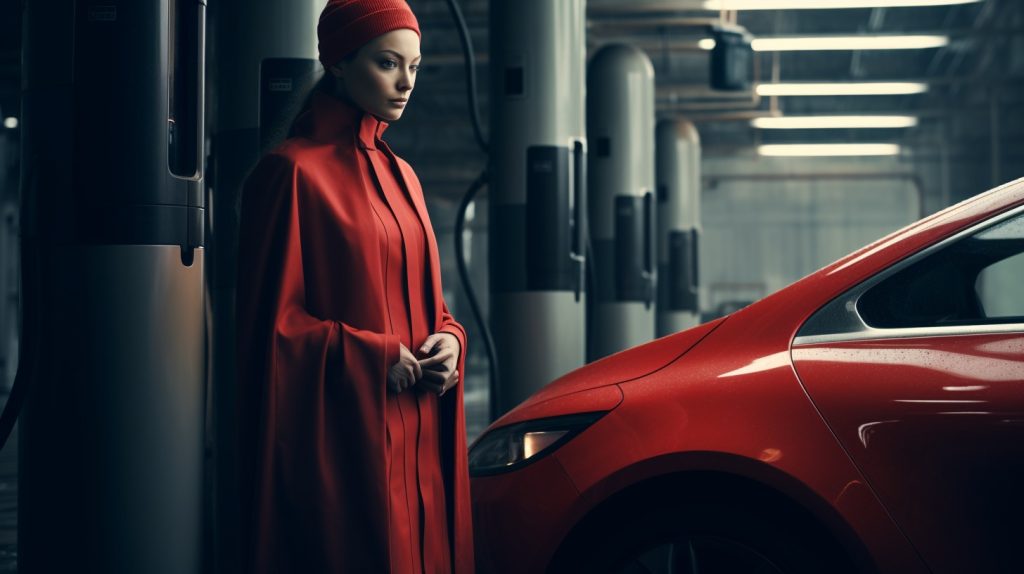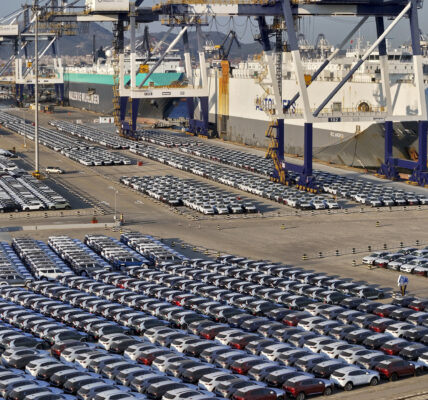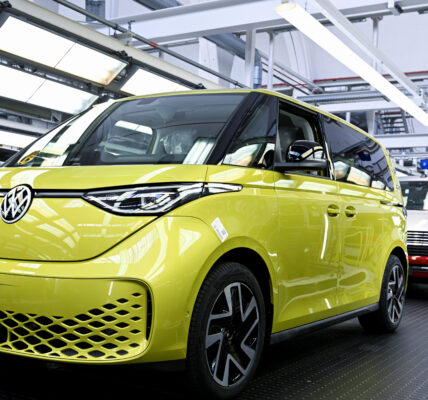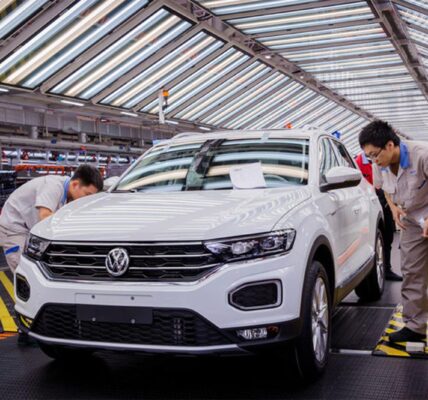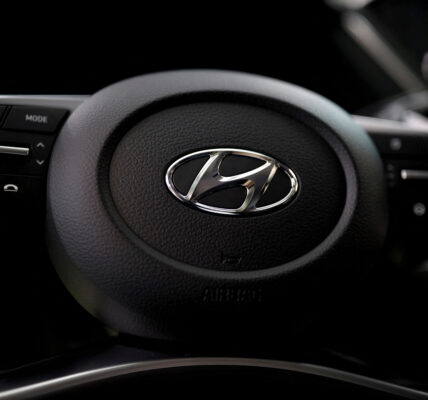Nearly 40% of the suppliers for materials used in Tesla’s electric vehicle batteries are Chinese companies, a Nikkei analysis finds, underscoring China’s strong presence in a strategically important sector.
China was the largest supplier of materials for the lithium-ion batteries used in Tesla’s EVs, constituting 39% of the 61 companies in the “storage battery” category, based on an analysis of the American electric vehicle maker’s supply chain.
The findings have complicated implications as countries tighten regulations and boost investment to secure supplies of materials important for economic security. China appears to be gaining the upper hand in the global market for battery materials crucial for manufacturing EVs.
Nikkei worked with Tokyo’s Fronteo, which uses an original machine-learning algorithm to find data with specific characteristics, to analyze Tesla’s supply chain.
An analysis of public information included in financial statements and press releases using artificial intelligence identified 13,428 companies believed to supply items for Tesla’s EV production down to “quinary” suppliers — those five steps up the supply chain.
China accounted for 40% of the 42 firms engaged in “nonferrous smelting” excluding aluminum smelters. Chinese companies also held the top share, at 33%, among the 102 suppliers in the “inorganic chemistry” group. These figures show Tesla’s heavy dependence on Chinese partners.
Tesla’s reliance on major suppliers was rated using Fronteo’s “chokepoint score” index, which measures the degree of a final product maker’s dependence on a specific supplier on a 10-point scale — with 10 representing the heaviest dependence.
Chinese companies that were found to be vital suppliers for Tesla included Ganfeng Lithium, a major maker of lithium products, with a chokepoint score of 6.8. Novoray, a major producer of inorganic compounds, scored 7.1, while Zhejiang Huayou Cobalt, which makes cobalt materials, rated at 5.7.
An analysis of the shareholders of these companies shows Novoray and Huayou Cobalt are under the influence of China’s government, which indirectly owns 9% and 12% of their shares, respectively.
Nikkei sent a letter to Tesla asking about its dependence on Chinese suppliers but received no reply by the deadline.
U.S. companies constituted 22% of the number of Tesla suppliers overall, while Chinese firms accounted for 17%. Tesla’s share of Chinese suppliers was 4 points higher than the percentage for General Motors.
But heavy dependence on Chinese suppliers entails risks.
Mari Yamamoto, a director at Fronteo, said the most worrisome risk for Tesla is that a supply chain breakdown as the U.S. and China battle for global hegemony could make it hard for the American automaker to buy batteries. An EV maker faces the risk of production disruptions if a leading supplier of a key component stops shipping the product to the manufacturer.
On Aug. 1, Beijing imposed export controls on some gallium and germanium products. China, the world’s top supplier of the two metals — used in making semiconductors — introduced restrictions on eight gallium and six germanium products, requiring exporters to apply for licenses covering dual-use items and technologies.
The move is widely seen as a response to U.S.-led restrictions on exports of cutting-edge semiconductor devices to China. Beijing can expand the scope of its restrictions at will.
With the rivalry between the U.S. and China becoming increasingly confrontational, Tesla is taking steps to lower its reliance on Chinese parts and materials.
“As we look ahead a few years, a fundamental chokepoint in the advancement of electric vehicles is the availability of battery-grade lithium,” Tesla CEO Elon Musk said at the groundbreaking ceremony for a Texas lithium refinery in early May. The $375 million facility is designed to produce enough of the battery metal to build about 1 million EVs by 2025.
Chile has the world’s largest lithium reserves, at 36% of the total, the U.S. Geological Survey and the International Energy Agency report. Chile and Australia combined account for 80% of global production of the metal essential in EV batteries. But China is the largest refiner of the metal, with 60% of lithium refining taking place in the country.
Tesla has worked to boost the resiliency of its lithium supply chain. The company buys lithium from suppliers such as Albemarle and Livent of the U.S. as well as China’s Ganfeng, a report Tesla released in 2022 shows.
Ganfeng signed a three-year contract to supply battery-grade lithium products to Tesla in 2021, and the U.S. automaker inked a five-year lithium supply agreement with Australia’s Liontown Resources in 2022.
These deals will let Tesla purchase over 95% of lithium hydroxide, a key ingredient used to make EV batteries, through direct contracts. The company also has started building a lithium refining facility, entering the business dominated by China.
At the end of May, Musk made a surprise visit to China, the first in three years, and held talks with government officials. While showing his commitment to the Chinese market, Musk is making calculated strategic moves to reduce risk.
China has been buying stakes in lithium mines worldwide. In response, the U.S. has changed the qualifying criteria for EV tax credits under the Inflation Reduction Act, excluding manufacturers that do not source critical minerals from the U.S. or a friendly trading partner from the $7,500 clean vehicle credit.
The battle for EV supremacy has escalated beyond competition among manufacturers into a bitter rivalry among nations, creating direct implications for Japan’s government and domestic automakers.
Car manufacturers have a clear interest in building integrated systems to secure materials crucial for economic security that cover the entire supply chain from raw material procurement to production.
Richard Seiho Kim, an associate director leading the automotive battery research group in the Supply Chain and Technology team at S&P Global Mobility, said this approach will help carmakers ensure stable materials prices and boost their cost competitiveness. But the heavy burden of investment involved requires cooperation among the government and companies for the dispersion of risk.


